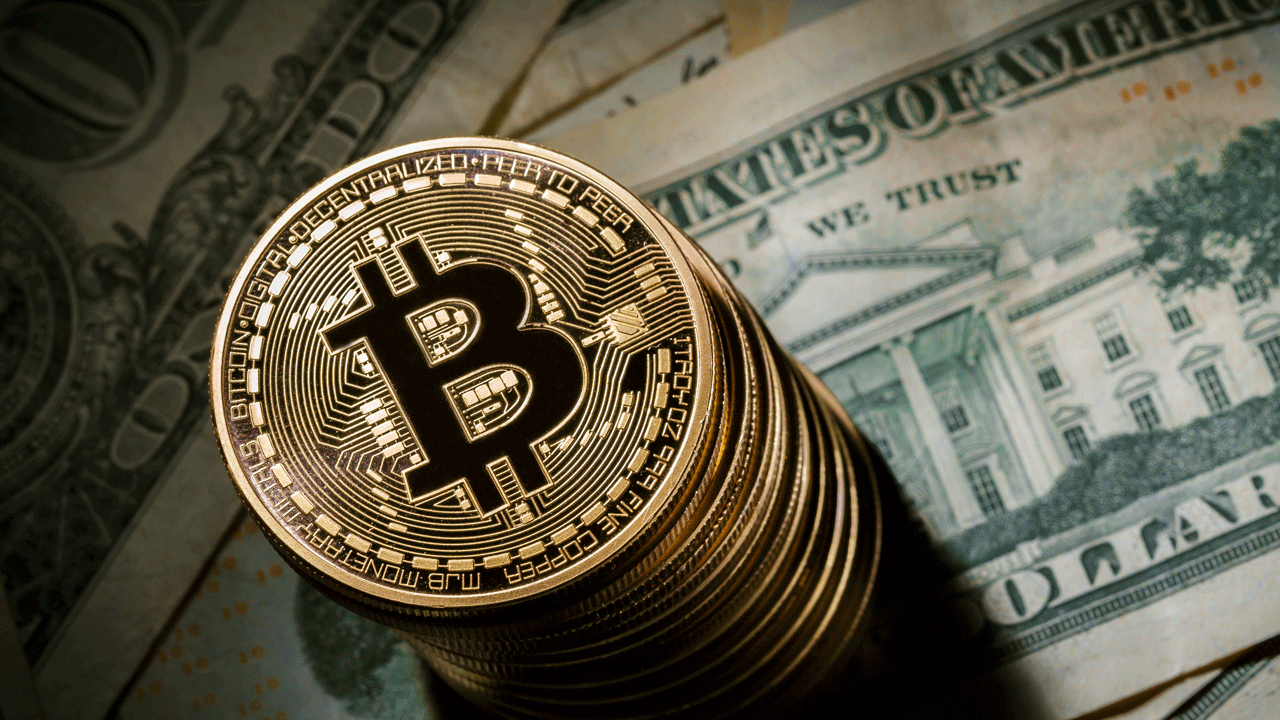Initial verification can often take a couple of days, but all subsequent purchases on the same exchange are usually instant if you have funds available to buy or sell. Do some research on each bitcoin exchange to determine verification levels and delivery speeds. Also, make sure to check if the exchange offers ‘locked in’ pricing. This means that the price you buy at is the price you will be charged even if the bitcoins take a few days to arrive.
A lot of exchanges follow the Know Your Customer (KYC) and Anti-Money Laundering (AML) laws in their specific country. If they do, then some identity information will have to be sent to them before buying. Exchanges that accept credit cards or bank transfers are also required by law to collect information about users’ identities.
Staying completely anonymous is difficult. If you seek total anonymity, you can buy in cash locally from someone else through a person-to-person marketplace like Localbitcoins.
Making sure the exchange website is secure is extremely important and should not be overlooked. As you initially investigate a potential exchange, always ensure that the website domain has a HTTPS address. This, as you learned in previous lessons, shows that the site and your connection to it is secured by an SSL encrypted protocol. Look for the padlock symbol next to the URL or in the bottom of the browser window. Another important consideration is two-factor authentication (2FA) secure login. If you enable two-factor authentication on an exchange that offers this type of service, you will be prompted to enter a short code at login that will be delivered typically to a mobile device you pair with the service. Enabling two-factor authentication will provide a second layer of verification that is required to access your account.
Do not forget to keep your bitcoin off of public exchanges. Keep your coins stored in your own personal wallet(s). Whenever your bitcoins are stored with third parties, it is easier for them to fall prey to hackers or unexpected exchange shutdowns. Your private key is your lifeline to your funds. Remember: bitcoin is about taking the power into your own hands and not relying on third party intermediaries or middlemen.
And, as always, when deciding whether to put your trust in any service, do an online search of the company or service in question and look for customer feedback and experiences regarding the service.
This concludes today’s lesson. You now know more about bitcoin exchanges and the importance of finding one that suits your needs. You also know that the initial ID verification can take a few days, but after that you can usually buy or sell instantly. You have also learned a few tricks on figuring out how secure an exchange is by checking basic things like SSL encryption, two-factor authentication, and the customary Google search.